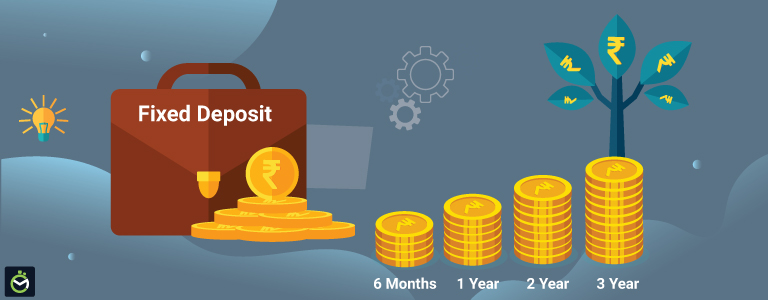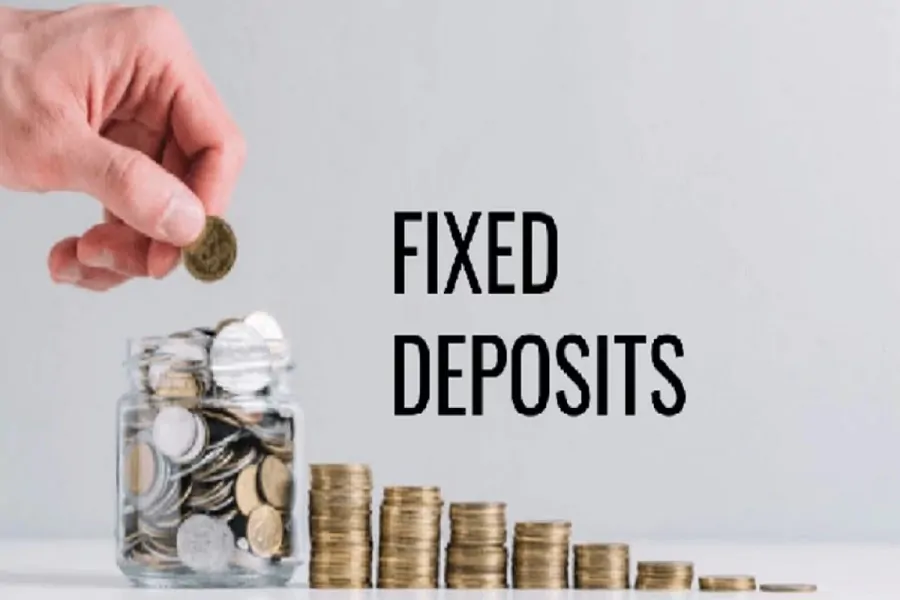1. What is a Fixed Deposit Account?
A Fixed Deposit Account, often referred to as a Time Deposit, is a financial instrument offered by banks where you deposit a lump sum of money for a predetermined period at a fixed interest rate. This interest rate is generally higher than that of a regular savings account.
Fixed Deposits are a straightforward and secure way to earn interest on your savings, and they’re a fantastic option for individuals looking for a low-risk investment.
2. How do Fixed Deposit Accounts Work?
Opening a Fixed Deposit Account is a simple process. You choose the amount to deposit, the tenure, and the interest payout frequency. The bank then locks in your funds for the agreed-upon term, during which the interest remains fixed. At the end of the term, you receive your initial deposit along with the interest earned.
3. Advantages of Fixed Deposit Accounts
Fixed Deposit Accounts offer several advantages, including:
• Safety: Your investment is secure, backed by the bank.
• Stable Returns: The interest rate remains constant throughout the tenure.
• Higher Interest Rates: FDs typically offer higher interest rates compared to regular savings accounts.
• Flexible Tenure: You can choose the deposit period that suits your financial goals.
4. Disadvantages of Fixed Deposit Accounts
While Fixed Deposits have their perks, it’s essential to be aware of their downsides:
• Lack of Liquidity: Once you lock in your money, you can’t access it until maturity without penalties.
• Fixed Interest Rate: You miss out on potential higher interest rates if market rates rise.
• Tax on Interest: The interest earned is subject to income tax.
5. Types of Fixed Deposit Accounts
Different types of Fixed Deposit Accounts cater to various needs, including regular FDs, tax-saving FDs, and senior citizen FDs. Each type offers specific benefits and features tailored to different customer segments.

6. How to Open a Fixed Deposit Account
To open a Fixed Deposit Account, follow these simple steps:
1. Visit your bank or use their online portal.
2. Fill out the application form.
3. Choose the deposit amount and tenure.
4. Submit the required documents.
5. Fund your FD account.
7. Fixed Deposits vs. Other Investment Options
Compare Fixed Deposit Accounts with other investment options to understand which suits you best. Fixed Deposits are ideal for those seeking security and guaranteed returns. In contrast, investments like stocks and mutual funds come with higher risks but the potential for greater rewards.
8. Fixed Deposit Interest Rates
The interest rate on Fixed Deposits can vary from one bank to another and depends on the tenure you choose. Longer tenures typically offer higher interest rates. Research and compare rates before opening an account to maximize your returns.
9. Tax Implications of Fixed Deposit Accounts
Interest earned from Fixed Deposits is taxable. The amount of tax depends on your tax slab. However, there are tax-saving Fixed Deposits that offer deductions under Section 80C of the Income Tax Act. Consult a tax professional for guidance.
10. Breaking a Fixed Deposit: What You Need to Know
Sometimes, unexpected financial needs may arise, and you might need to break your Fixed Deposit prematurely. Be prepared for penalties, which can vary from bank to bank. Understand the terms and conditions before taking this step.
11. Fixed Deposit Account Tips for Maximizing Returns
To make the most of your Fixed Deposit investment, consider these tips:
• Ladder Your Deposits: Invest in FDs with different tenures for a steady income stream.
• Auto-Renewal: Set your FD to auto-renew to ensure your money keeps growing.
• Plan for Taxation: Be aware of the tax implications and plan your finances accordingly.
12. Conclusion
Fixed Deposit Accounts are a timeless investment option that provides security, stability, and attractive returns. Whether you’re a risk-averse investor or saving for a specific goal, Fixed Deposits offer an ideal way to grow your wealth.

